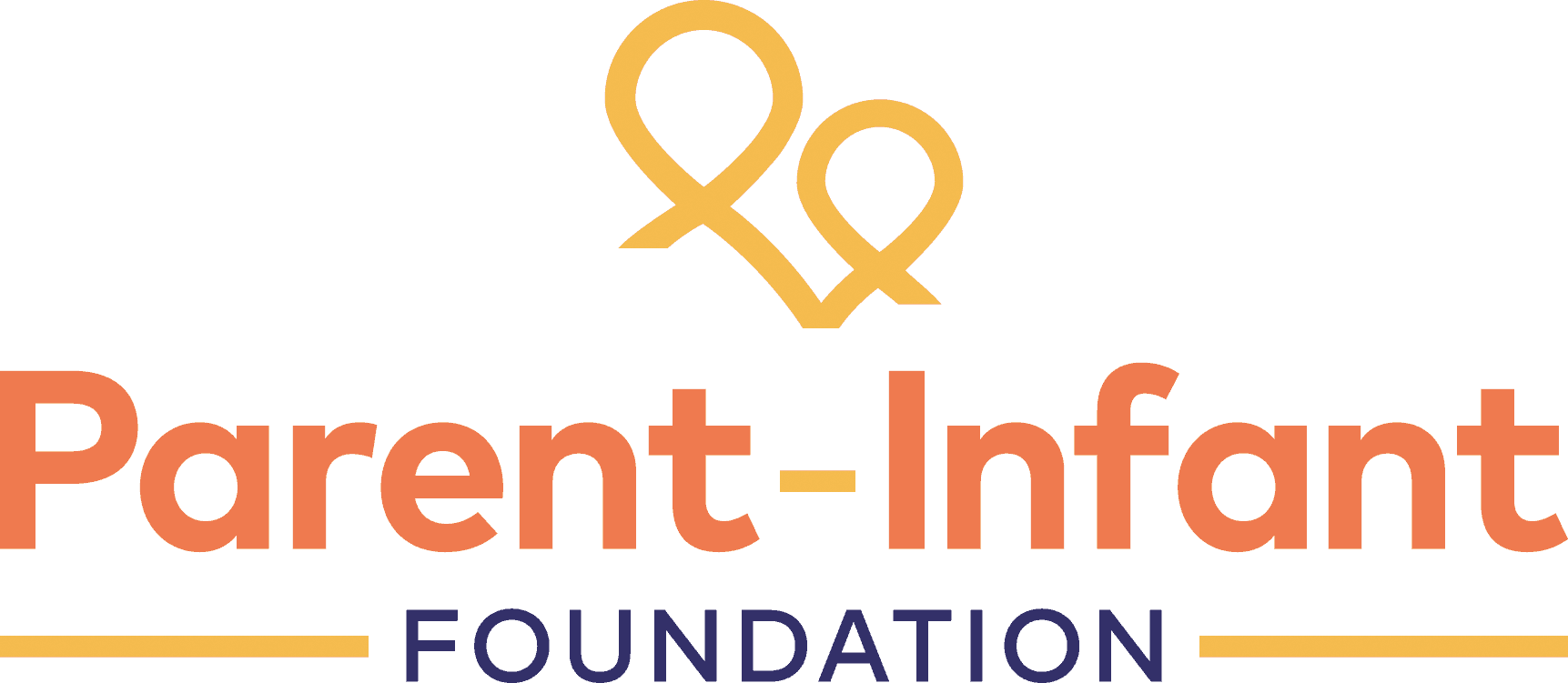Toolkit contents
This toolkit is the result of contributions from many practitioners, academics, commissioners and other experts across the field of parent-infant relationships. We are immensely grateful to all of them; without their generosity of both time and spirit we would not have been able to collate this repository of expertise, guidance, information and resources.
We would like to extend particular thanks to:
PIP UK Trustees who conceived the idea of a toolkit and Julie Robinson, Clair Rees, Beckie Lang, Sal Hogg and Robin Balbernie whose time, expertise and generosity helped it grow.
Members of our Expert Reference Group who gave up their time to read, review and provide helpful feedback and suggestions: Caroline White, Clare Law, Emma Svanberg, Jane Mischenko, Louise Harrington, Joanna Chapman, Pauline Lee, Penny Leach, Peter Toolan, Robin Balbernie, Ruth Butterworth, Tessa Baradon, Tom McBride, and Yvonne Osafo.
Pauline Lee from Tameside and Glossop Early Attachment Service, Helen Farmer at Thurrock CCG and Jane Mischenko and Sue Ranger from Leeds Infant Mental Health service for sharing their insights and invaluable wisdom on commissioning and running a successful specialised parent-infant relationship team.
Sally Cranfield for her insights about infant massage. Sue Ranger for guidance regarding EMDR and CAT. Laura Clark and Katia Cleia of Croydon PiP regarding adult mental health and Dawn Hodson at NSPCC for insights and information regarding Implementation Science.
The UK Council for Psychotherapy (UKCP) and Jo Tucker for their help with various psychotherapy and intervention matters.
ABC PiP in Ballygowan, Bright PiP, Croydon Best Start PiP, DorPIP, EPIP, LivPIP, NEWPIP, NorPIP and OXPIP for sharing their learning, resources and expertise.
Camilla Rosan, Tessa Baradon and colleagues at the Anna Freud National Centre for Children and Families, and Siobhan Higgins and colleagues at Lambeth PAIRS for their insights into their Theory of Change work and reviews of assessment tools.
And finally to Alex Ford, Peter Clarke and volunteer Shannon Lumley at the Parent-Infant Foundation who have helped us toil collectively and carefully to create a toolkit of which we can feel proud.
Disclaimer
This toolkit, comprising eight chapters and additional resources, provides information of a general nature for anyone setting up a specialised parent-infant relationship team. It has been prepared to promote and facilitate good practice in the United Kingdom in commissioning, implementation and clinical practice. This toolkit includes published evidence and expert opinion which is current at the time of publication.
The Parent-Infant Foundation Limited does not accept responsibility for the quality or accuracy of material on websites linked in this toolkit and does not sponsor, approve or endorse materials on such websites. Links to such websites are provided for information only.
Where it is included, information about clinical practice is provided only to share learning and information from other teams and practitioners, not as a recommendation or clinical guidance. Practitioners are expected to adhere to their professional body’s requirements and this will include professionally assessing the applicability of any relevant guidance to any given clinical situation. This toolkit is not intended to amount to advice on which you should rely. We make no representations, warranties or guarantees, whether express or implied, that the content of this toolkit is accurate, complete or up to date.
Some material in this toolkit has been contributed by others with their consent and editorial oversight. This toolkit is the intellectual property of the Parent-Infant Foundation Limited and is protected by copyright laws and treaties around the world. All such rights are reserved. This toolkit should not be distributed for profit, duplicated, amended or otherwise adopted by any other person without our written consent.
By using this toolkit, you confirm that you accept this disclaimer and that you agree to comply with it. If you do not agree with this disclaimer, you must not use this toolkit.
This toolkit is due for review by January 2021.
